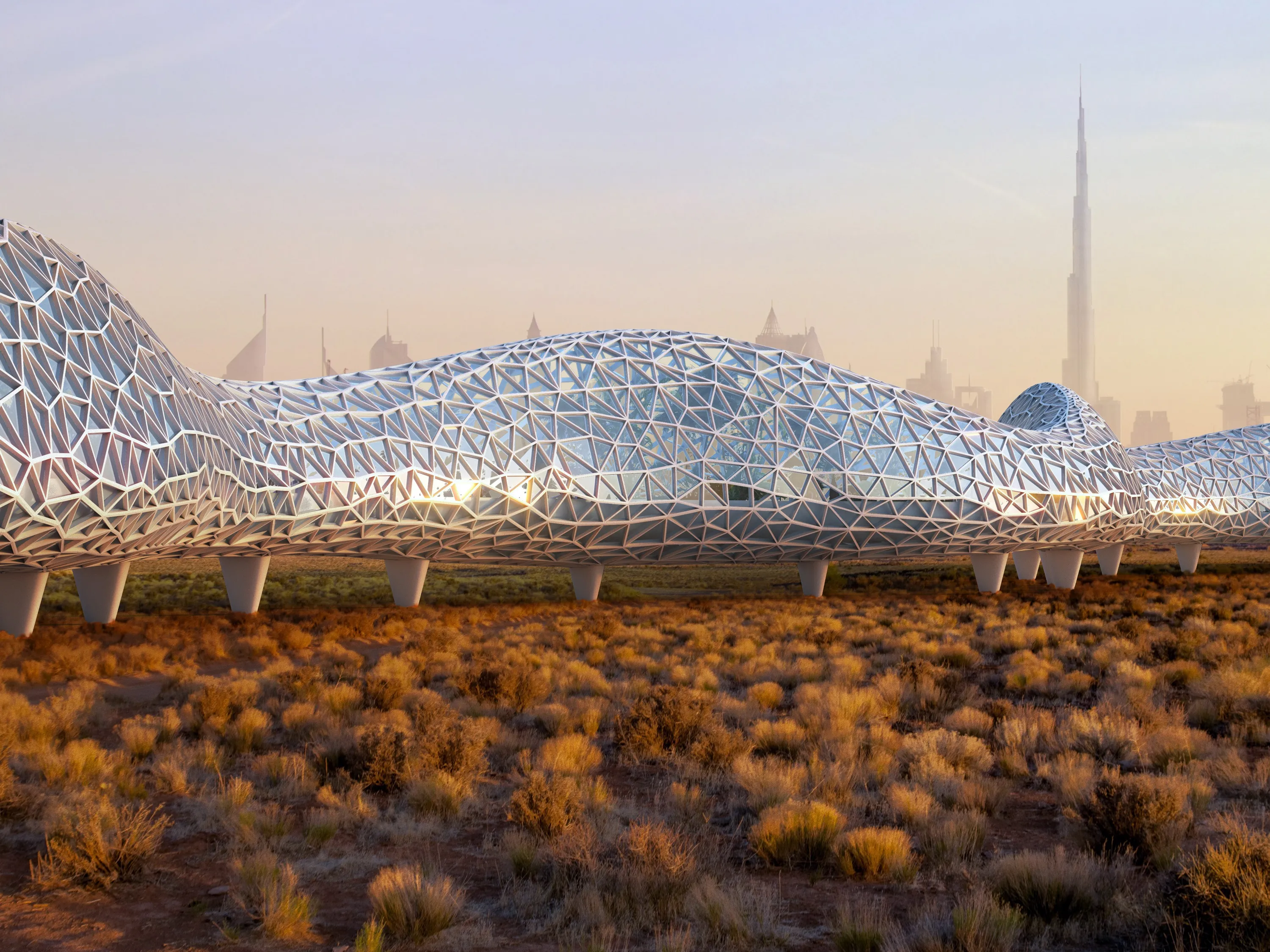The German city of Munich is to carry out a feasibility study into the use of cycle highways connecting the city centre with the suburbs and surrounding region, in an effort to reduce the difficulty and duration of long-distance journeys across Munich.
The new infrastructure, which is expected to be four metres wide, would be used solely for cycling, allowing cyclists to travel comfortably in both directions. Around 14 routes are planned, all between 5 and 15 kilometres in length.
The pilot is expecte
August 11, 2015
Read time: 2 mins
The German city of Munich is to carry out a feasibility study into the use of cycle highways connecting the city centre with the suburbs and surrounding region, in an effort to reduce the difficulty and duration of long-distance journeys across Munich.
The new infrastructure, which is expected to be four metres wide, would be used solely for cycling, allowing cyclists to travel comfortably in both directions. Around 14 routes are planned, all between 5 and 15 kilometres in length.
The pilot is expected to run between the city centre and the area of Garching, home to the Technical University of Munich and BMW’s Munich branch.
“We hope that many people will switch from cars to bicycles if there is a quick connection available,” said Birgit Kastrup, an urban planner working on the pilot project. The city estimates that the new routes will cost US$1 million per kilometre to implement.
The new infrastructure, which is expected to be four metres wide, would be used solely for cycling, allowing cyclists to travel comfortably in both directions. Around 14 routes are planned, all between 5 and 15 kilometres in length.
The pilot is expected to run between the city centre and the area of Garching, home to the Technical University of Munich and BMW’s Munich branch.
“We hope that many people will switch from cars to bicycles if there is a quick connection available,” said Birgit Kastrup, an urban planner working on the pilot project. The city estimates that the new routes will cost US$1 million per kilometre to implement.










